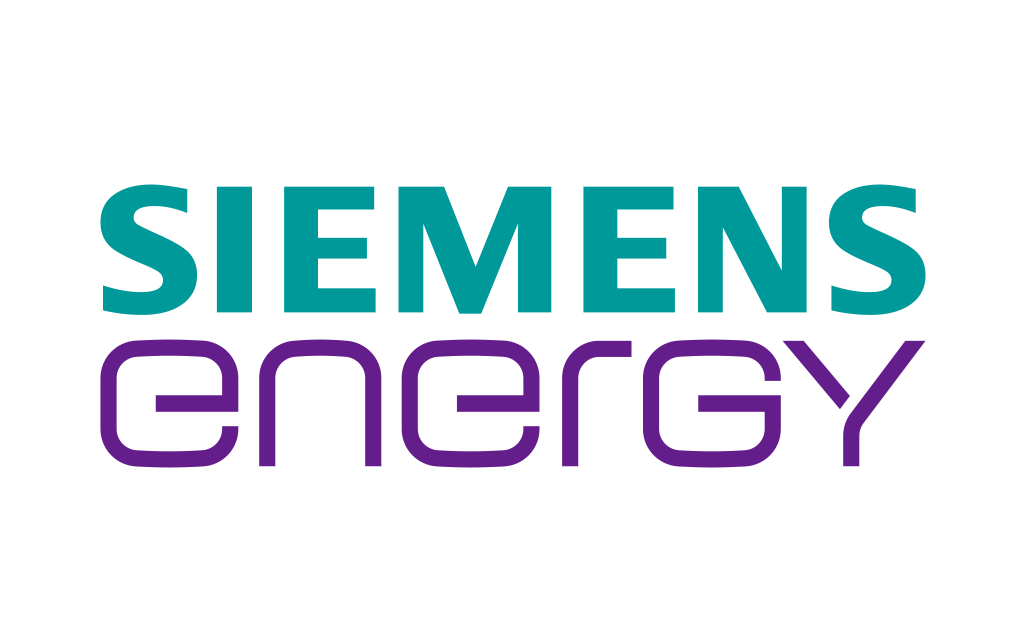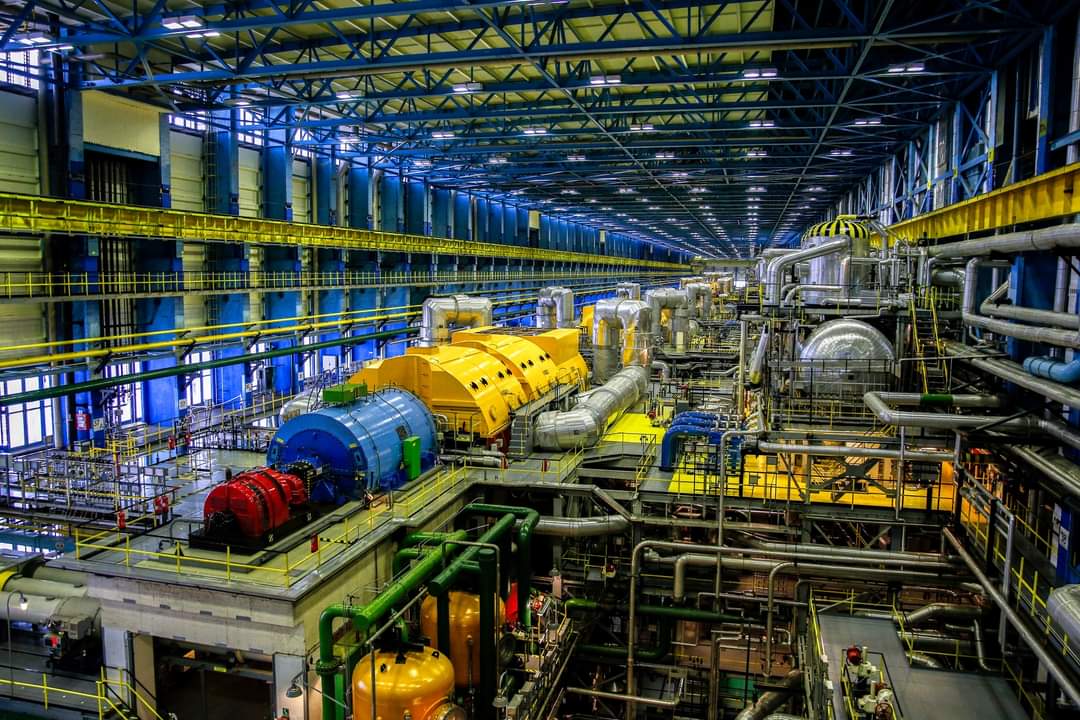
Siemens Energy has applied to the Federal Office of Economics and Export Control for the export licenses required to fulfill its "obligations in the Paks II project".Continue reading

Hungary is negotiating to further increase the role of the French Framatome in the expansion of the Paks nuclear power plant, in order to prevent the German government from blocking the supply of control technology, Foreign Minister Péter Szijjártó announced in Flamanville, France, on Monday.
Speaking about his visit to the company’s nuclear power plant currently under construction, the minister said that the Paks expansion, one of the most significant investments in Hungary’s history, could not be successful without French cooperation, as the control technology system, the “soul” of the plant, is being manufactured by a Franco-German consortium.
“At least, it should be manufactured and delivered,” the Foreign Minister stressed, underlining that the German government has still not approved Siemens Energy’s participation.
This is an absolutely unfair behavior on the part of the German government, because the issue of energy supply is a national competence, security of energy supply is a sovereignty issue,”
he emphasized. He added that the Hungarian government was therefore negotiating a further increase in the role of the French Framatome so that Berlin could no longer block the arrival of control technology.
As Hungary Today reported earlier on the topic, the control system is being supplied by a German-French consortium, but as this is now a dual-use technology from a legal point of view, the current European regulatory environment requires the relevant national export authority to authorize its civilian use. This has already been done in the case of France, but not yet with Germany.
The Foreign Minister said that Hungary is an important leader in the field of nuclear energy in Europe and is part of a nuclear coalition, clearly led by France, which has a “rational energy policy.” “In the field of nuclear energy, an important cooperation between France and Hungary has been established, which now has practical consequences and spin-offs, he stressed.
During his visit to Paris, the Hungarian Foreign Minister also held talks with Mathias Cormann, head of the Organisation for Economic Co-operation and Development (OECD). After the meeting, Szijjártó said that
it would be an even deeper economic crisis if trade cooperation between the European Union and China is cut off for ideological reasons, and therefore it remains crucial to maintain a mutually beneficial, pragmatic relationship.
He stressed that the key to Europe’s ability to emerge from the current period of extraordinary challenges will depend on whether decision-makers are able to act on common sense rather than ideology. In this context, he welcomed the fact that the OECD and its Secretary General are among the few organizations and leaders in the world who are “not prisoners of ideology,” but instead “have their feet on the ground, pursuing rational, realistic, common sense economic policies.”
Szijjártó highlighted that the example of Hungary clearly shows this, as Hungary is an important meeting point for the German automotive industry and Chinese electric battery manufacturers. He added that if Europe cuts the ties of cooperation with the East, mainly China, the European automotive industry will suffer a huge failure with its electromobility strategy, and millions of jobs will be at risk.
Featured photo via Facebook/MVM Paksi Atomerőmű Zrt.